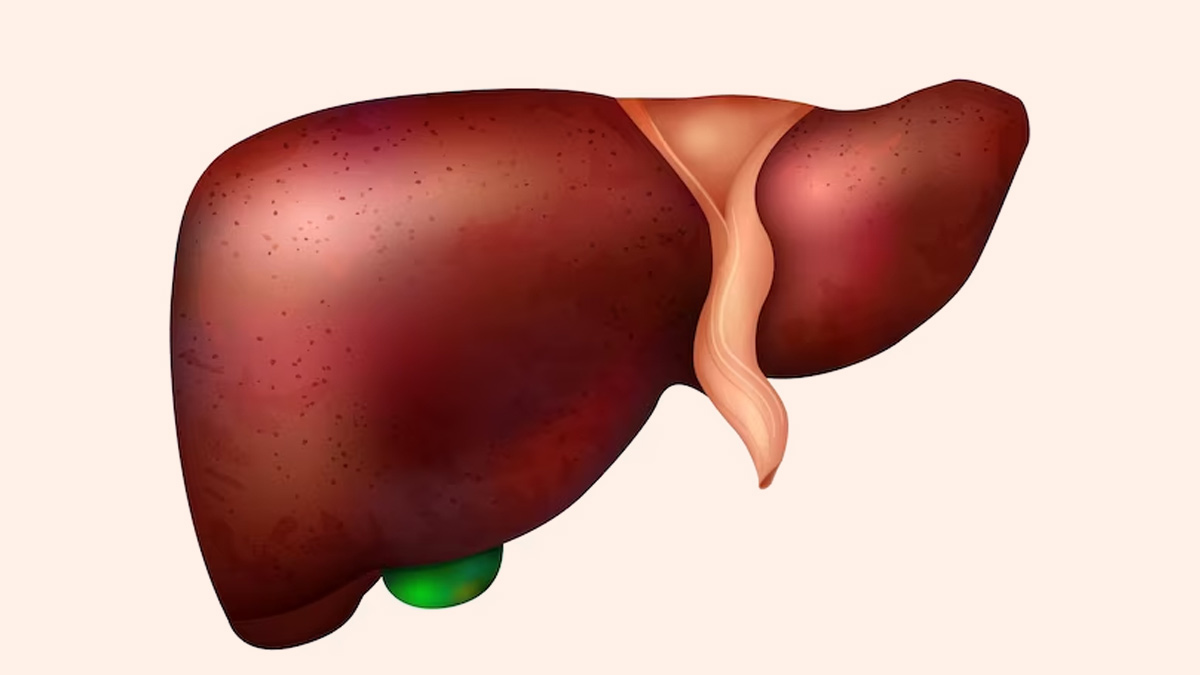
If we talk about processing of nutrients, the liver plays a vital role. filtering toxins, and metabolising fats. Consuming a balanced diet is essential for maintaining liver health, as certain food combinations can either support its function or burden it with excessive work, leading to damage over time. Here are ten deadly food combinations that can negatively impact your liver health:
Table of Content:-
1. High-Fat Foods and Sugary Beverages
According to the World Journal of Gastroenterology, use of artificial sweetener has increased significantly all across the world, and soft drink beverages appear to be a key contributor to obesity, diabetes mellitus, hyperlipidemia, insulin resistance, hypertension, metabolic syndrome, and cardiovascular disease.

Combining high-fat foods with sugary beverages like soda can lead to weight gain and contribute to the development of non-alcoholic fatty liver disease (NAFLD), a condition characterised by fat accumulation in the liver.
2. Red Meat and Fried Foods
Consuming red meat, particularly when fried or grilled at high temperatures, produces compounds known as heterocyclic amines (HCAs) and polycyclic aromatic hydrocarbons, which can damage liver cells and increase the risk of liver cancer.
3. Processed Foods and Trans Fats
Processed foods containing trans fats, such as fried snacks, packaged desserts, and margarine, can promote inflammation and liver fat accumulation, leading to NAFLD and other liver conditions.
4. Alcohol and High-Sodium Foods
Combining alcohol with high-sodium foods like processed meats, salty snacks, and canned soups can increase liver inflammation and worse liver damage, especially in individuals with pre-existing liver conditions.

5. Refined Carbohydrates and Artificial Sweeteners
Consuming refined carbohydrates like white bread, pasta, and pastries, along with artificial sweeteners found in diet sodas and sugar-free products, can disrupt liver function and contribute to insulin resistance, increasing the risk of NAFLD and type 2 diabetes.
6. High-Protein Diet and Excessive Red Meat Consumption
Following a high-protein diet with an emphasis on red meat consumption can overload the liver with excess protein and saturated fats, potentially leading to liver dysfunction and inflammation.
7. Alcohol and Caffeine
Combining alcohol with caffeinated beverages like energy drinks or coffee can mask the effects of alcohol, leading to increased alcohol consumption and a higher risk of liver damage and alcohol-related liver disease.
8. High-Sugar Foods and Artificial Additives
Consuming high-sugar foods laden with artificial additives like preservatives, flavorings, and colorings can strain the liver's detoxification processes and contribute to liver inflammation and oxidative stress.
9. Excessive Salt and Pickled Foods
Excess salt intake, especially from pickled foods like pickles, sauerkraut, and salted fish, can increase blood pressure and promote fluid retention, putting strain on the liver and kidneys and increasing the risk of liver damage.
10. Alcohol and Spicy Food
Consuming alcohol along with spicy foods can irritate the gastrointestinal tract and increase the risk of digestive issues like acid reflux and gastritis, which can indirectly affect liver health by disrupting nutrient absorption and metabolism.
A well-balanced diet that promotes liver function while reducing the load of toxins and inflammation is required to maintain liver health. Individuals can promote liver health and lower their risk of liver disease by avoiding these hazardous food combinations and replacing them with a diet rich in fruits, vegetables, whole grains, lean meats, and healthy fats. Limiting alcohol use, staying hydrated, and maintaining a healthy weight through regular exercise can all help improve liver function and general well-being. Remember that even tiny dietary adjustments can have a significant long-term influence on liver health.
Also watch this video
How we keep this article up to date:
We work with experts and keep a close eye on the latest in health and wellness. Whenever there is a new research or helpful information, we update our articles with accurate and useful advice.
Current Version